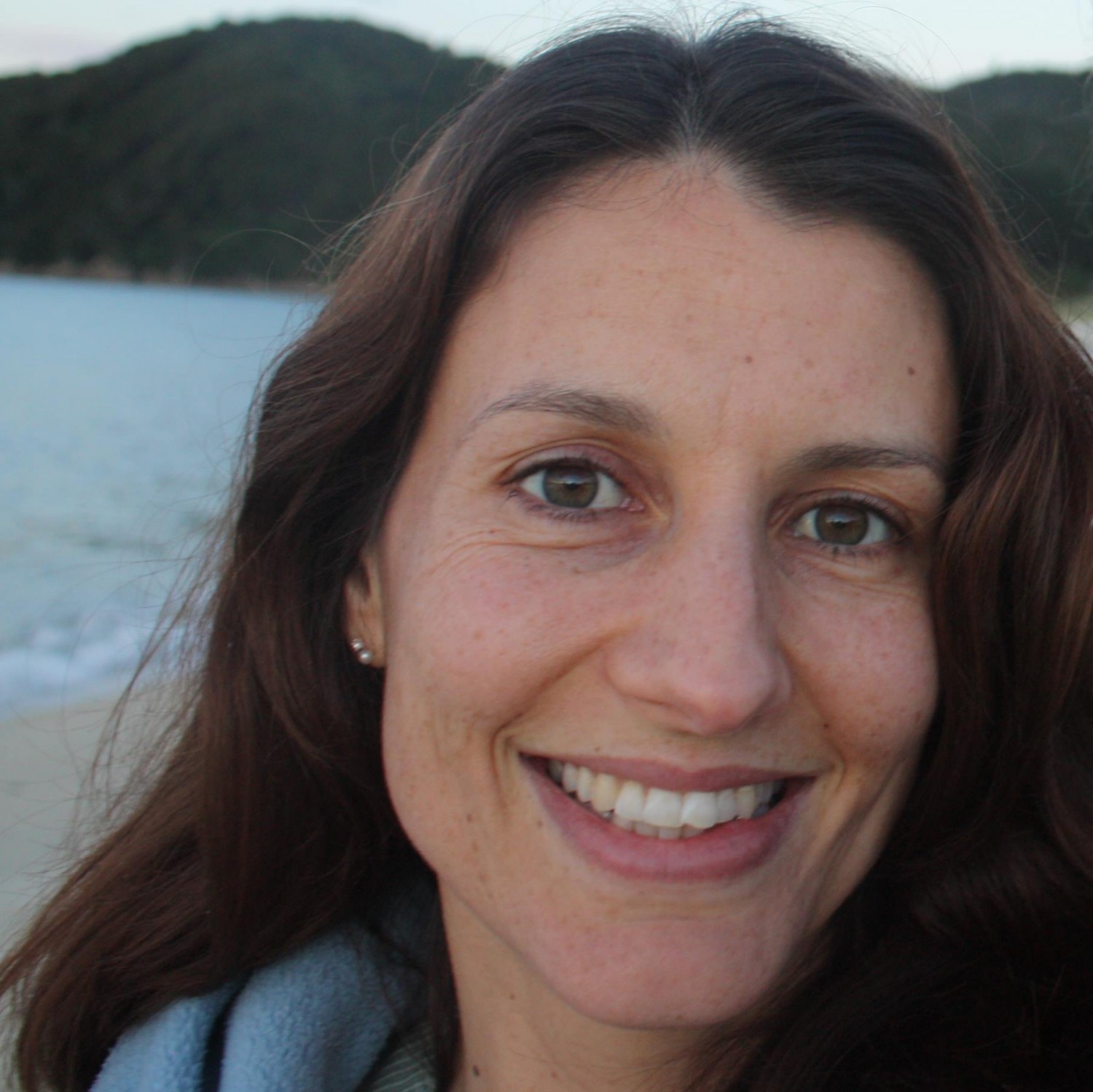Media Release
Lecretia Seales
Saturday, March 21, 2015
Lecretia’s Choice
A 41-year-old New Zealand lawyer dying of an inoperable brain tumour is taking the unprecedented step of petitioning the High Court to uphold her right to die at the time of her choosing.
Lecretia Seales, a respected Wellington public law specialist, is asking the Court for a declaratory judgment that would ensure her GP will not face charges under the Crimes Act 1961 if, and when, she assists her to die.
A high powered legal team, headed by Russell McVeagh, will argue that statutory prohibitions against assisting a person to die, or hastening their death, even with their consent, breach fundamental human rights to liberty and personal autonomy.
Seales, who has worked for Chen Palmer, the Department of Prime Minister and Cabinet and as a leading law reformer was diagnosed with a terminal brain tumour in 2011 at the age of 37.
Surgery to de-bulk the tumour and a range of drug therapies have brought her several more years of quality life than initially predicted but a recent MRI shows the tumour is advancing. She and her husband Matt have been told she may only have months to live.
Seales says that while she fully supports the need for legal protections for the vulnerable, ensuring they are not induced to take their lives, she does not believe such protections should be so draconian as to prevent her, and others in her situation, from exercising their fundamental human rights:
“I am the one who has been inflicted with this disease, no one else. It is my life that has been cut short. So who else but me should have the authority to decide if and when the disease and its effects are so intolerable that I would prefer to die?
“I am not saying that I will necessarily choose to exercise this right, and nor for one moment am I suggesting others in my position should be asked to make such a choice.
“I am simply saying that I, Lecretia Seales, a human being confronted with the inescapable reality of my death, and the prospect of great suffering – for me and those who love me – must have the right to determine when I have reached the end of the road. This right belongs to me and none other.”
The historic case follows a Canadian Supreme Court decision released in February this year in which nine judges unanimously found that Canada’s prohibition against physician assisted dying infringes fundamental human rights. The judgment stated:
The prohibition denies people in this situation the right to make decisions concerning their bodily integrity and medical care.
Seales’ statement of claim, filed in the High Court in Wellington on Friday, argues that under section 9 of the New Zealand Bill of Rights Act she had a right “not to be subjected to cruel, degrading or disproportionately severe treatment.”
The claim argues that if she is not able to lawfully access the assistance of a physician to help her die, should she chose to do so, then she will face a “cruel choice between taking her own life through potentially violent, painful and ineffective means, or suffering intolerably from a potentially slow, painful and undignified death.”
The relief Seales is seeking from the court would only apply to her own circumstances based on the medical evidence that she has a “grievous and irremediable illness that causes enduring suffering that is intolerable to her in the circumstances of her condition.”
Seales’ legal team will be looking to expedite the case in view of her declining health.
Seales and her husband have established a Facebook page, Lecretia’s Choice to help promote an informed debate about the legal and policy issues involved. http://www.facebook.com/lecretiaschoice
Ends
